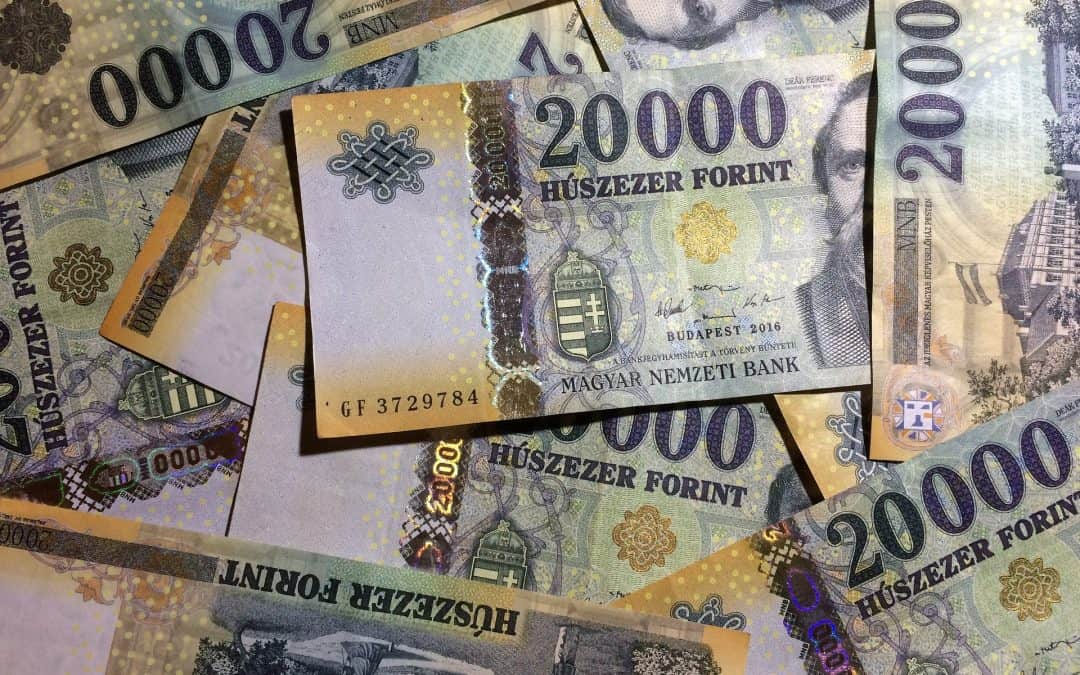UPDATED: 27 March, 2020
Hungarian government tries to alleviate payment obligations during the pandemic by further economic actions. Disclosed on 24 March 2020, government decrees contain new provisions on executions, tax procedures and child benefits.
Execution procedures
During the state of danger declared in relation to the COVID-19 epidemy, all deliveries by bailiffs are suspended. Deliveries will resume 15 days after the state of danger was withdrawn. Bailiffs are required to inform debtors about the option to pay in instalments. If the debtor chooses this option, the consent of the creditor is not required.
Personal administration is cancelled at every bailiff’s office until the end of the emergency. In ongoing cases contact via telephone or video is available according to specific rules.
During the state of danger, no public auction or eviction may be carried out, neither can seized vehicles be withdrawn from the market. Child custody court decisions cannot be enforced in areas which are affected by epidemiological actions.
Persons in breach of their obligations in any execution procedure may not be fined provided their omission is due to epidemiological measures. The court may suspend any execution upon request of the debtor if they got into a situation constituting a circumstance deserving consideration in connection with epidemiological measures.
Tax debts
Ongoing tax enforcement procedures are deferred until the 15th day after the end of the state of danger. The only exception is the enforcement of fines imposed for breaching emergency epidemiological actions.
Child benefits
All entitlements to specific child benefits shall be extended automatically until the end of the state of danger.
Paypass
Until no later than 15 April 2020 all banks must provide that the limit for paypass payments without the use of PIN codes shall be raised to HUF 15,000.
Extended tax reliefs
In industries that are affected the most by the pandemic, in addition to previous tax reliefs, the government ordered further tax advantages. These apply to businesses whose main revenue (at least 30% of the total revenues) in the previous six months was generated from the concerned activities (e.g. taxi services, accommodation, food services, leisure and entertainment activities, travel agency, booking service, physical well-being activities, film production, publishing). These businesses are exempt from paying social security contributions and vocational training contributions. People employed by these businesses shall pay only the 4% health insurance contribution in kind, but not more than HUF 7,710. These discounts will apply to March, April, May, and June of the fiscal year 2020.
Those who are required to pay a rehabilitation contribution may also be happy, as they will have to pay two-thirds of the amount so far and no advance at all.
A wider group of businesses under the KATA flat tax regime will be granted tax exemption: in addition to businesses listed above, among others hairdressers, painters, electricians, plumbers, carpenters, wrappers, outpatient and dental practitioners will also be exempt from the flat tax for March, April, May and June.
KATA tax arrears due before March 1, 2020 may be paid in ten equal monthly instalments from the month following the quarter in which the state of danger ceases. No late charges will apply for this period. It is important, however, that failure to pay any instalment entails the loss of the instalment discount.
